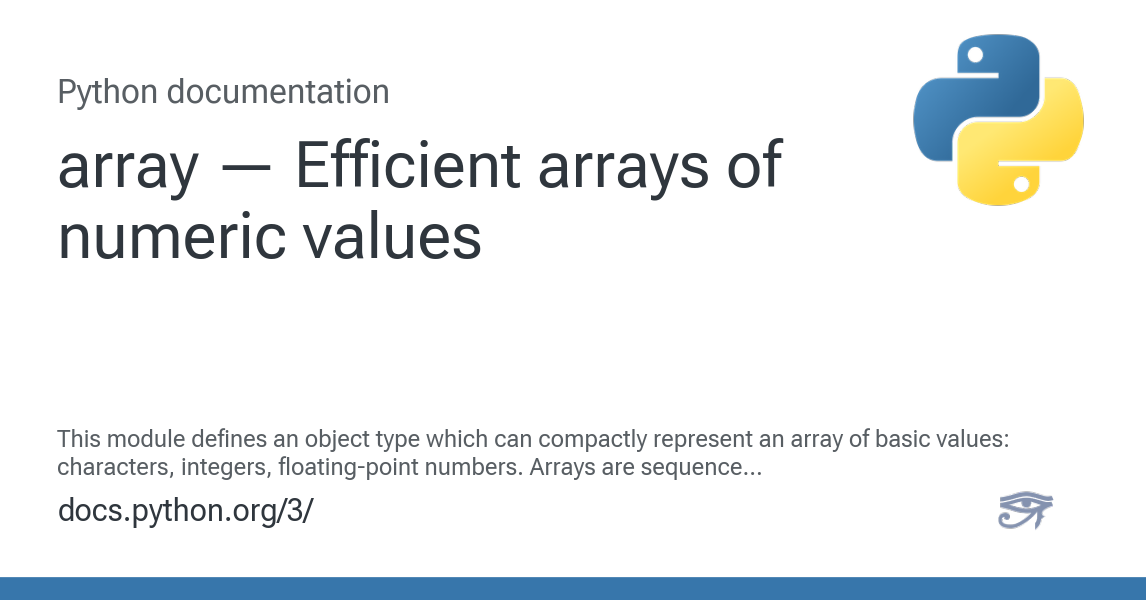Hi.
How do I define a 2d list?
For instance, to define a 4 by 5 list, I wanted to do this:
n=4
m=5
world = [n][m]
However, it gives me an invalid syntax error saying the index is out
of range.
I know this is a real newbie question, but if you could help me out,
I'd really appreciate it!
Thanks,
Jill
How do I define a 2d list?
For instance, to define a 4 by 5 list, I wanted to do this:
n=4
m=5
world = [n][m]
However, it gives me an invalid syntax error saying the index is out
of range.
I know this is a real newbie question, but if you could help me out,
I'd really appreciate it!
Thanks,
Jill


Comment